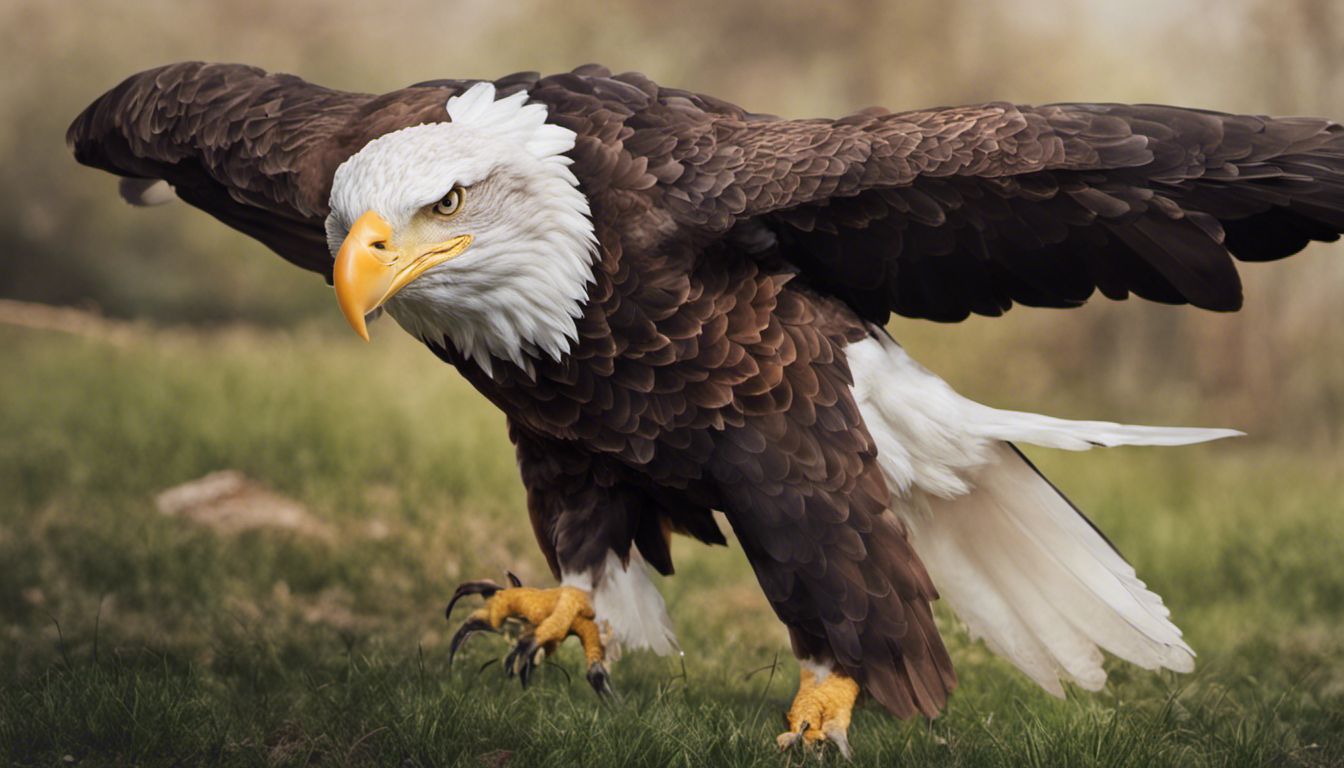It is illegal to keep a bald eagle as a pet in the United States, as they are protected under the Bald and Golden Eagle Protection Act and the Migratory Bird Treaty Act. Only certified rehabilitation centers and educational organizations with special permits can house these majestic birds.
- Legal Protections: Bald eagles are safeguarded by robust legal frameworks aimed at preserving their populations.
- Eagles in Captivity: Bald eagles require specialized care that is difficult to provide outside of professional facilities.
- Supporting Eagle Conservation: Appreciating and aiding bald eagles can be done through support of conservation efforts and organizations.
Legal Implications of Owning a Bald Eagle

The Bald and Golden Eagle Protection Act, established in 1940, strictly outlaws the ownership of a bald eagle as a pet, acknowledging the bird’s status as a national symbol of the United States. This act imposes legal restrictions against the possession, sale, purchase, or barter of bald eagles, including their parts such as feathers, as well as their nests and eggs. Violating the act can result in severe penalties, including substantial fines and imprisonment, emphasizing the seriousness of offenses against these protected birds.
- Bald and Golden Eagle Protection Act: Enacted to prohibit ownership and protect bald eagles.
- Comprehensive Legal Restrictions: Covering all aspects, including possession, sale, and harm, to ensure the eagles’ safety.
- Penalties for Violations: Including fines and potential jail time as deterrents against harming or exploiting bald eagles.
The Reality of Eagles in Captivity

Eagles, with their wild nature and potent physical attributes, do not make suitable pets due to the complex care they require and the safety concerns they pose. Catering to an eagle’s specialized care needs encompasses providing expansive flight cages for adequate exercise and ensuring a strictly carnivorous diet that mimics their natural hunting practices. Moreover, their powerful talons and beak can be dangerous, and their instinctive behaviors, including territorial aggression, remain intact in captivity, presenting significant challenges and risks.
- Eagle Behavior: Their wild instincts and potential for aggression make them unsuitable as household pets.
- Captivity Challenges: Requires extensive facilities, such as large flight enclosures, that are not typically feasible in a home setting.
- Specialized Care: Involves a natural carnivorous diet and enough space for flight, which is crucial for their well-being.
- Safety Concerns: Eagles’ strong talons and beak can be hazardous to humans and other animals.
Responsible Ways to Appreciate and Support Eagles

For those eager to engage with and appreciate eagles, there are responsible avenues that don’t involve pet ownership. Participating in eagle conservation initiatives offers a way to contribute to the protection and preservation of these majestic birds. Engaging in birdwatching allows individuals to observe eagles in their natural habitat, providing an enriching experience without disruption. Additionally, visiting educational programs that include eagles can be informative and inspiring. For individuals with a deep interest in working closely with birds of prey, pursuing the journey to become a master falconer is a dedicated process that involves rigorous training and adherence to ethical practices.
- Eagle Conservation: Play an active role in preserving eagle populations through supportive actions or donations.
- Birdwatching: Enjoy observing eagles in their wild habitats, an activity that promotes awareness and admiration.
- Educational Programs: Learn about eagles at wildlife centers and programs dedicated to educating the public about these creatures.
- Falconry: Engage with birds of prey ethically by following the path to become a licensed and skilled falconer.

